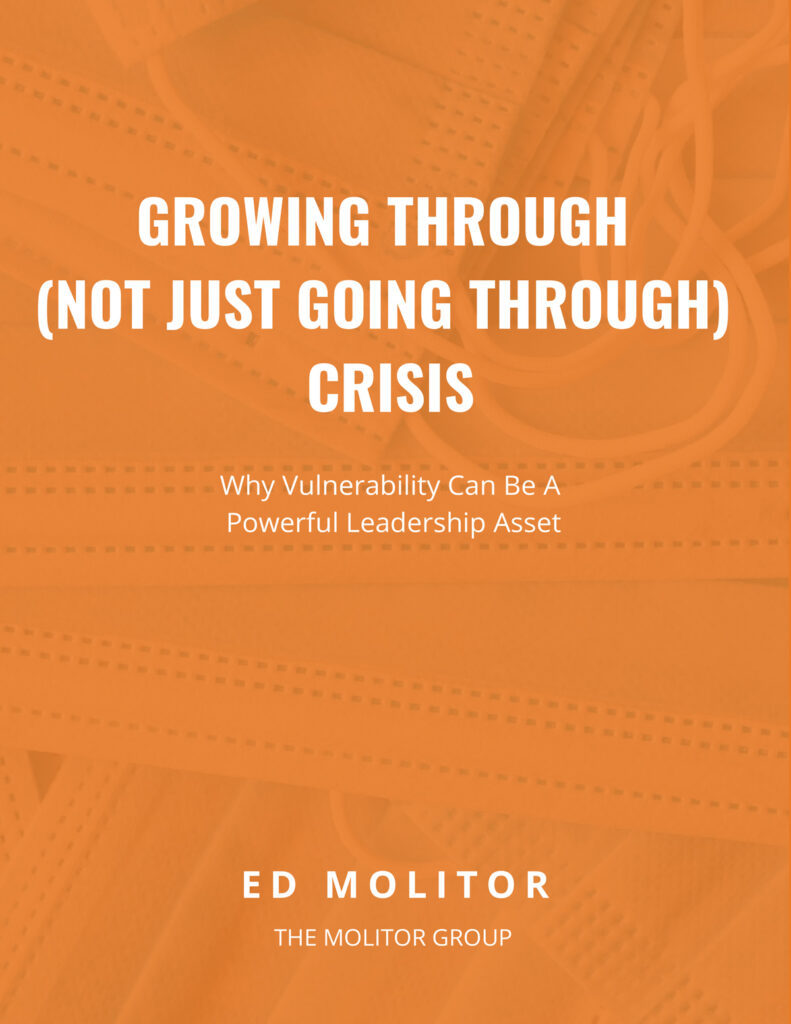There is something about getting to know people that I thoroughly enjoy. To say I am passionate about it would be a bit of an understatement.
I am intrigued by the unique stories and qualities of others which is why I stray so far away from generalizations. Actually, I despise them because I want to understand and honor what is special and distinct about each person.
So….as you can imagine…..I ask a lot of questions.
I love asking questions that people appreciate, ones that make them think because the answer they are about to provide will shine a lot on who they are and how they think.

My man Murph of Barefoot BBQ….what a story!
Three days ago, the table was turned on me as I was asked a question that put a smile on my face and had a great deal of fun answering.
One of the things I love about Zoom is that you can still make somewhat of a human connection with the person you are talking to as body language and facial expressions still come into play and let me tell you….I was animated when I answered the question.
The gentleman I was talking with is a potential client/business partner and he asked me, “Ed if you could build the perfect coach, what would that look like?”
Now, for a point of reference, we were talking about a front-line leader in a business setting which I firmly believe those people are your coaches.
My reply was fast, firm, and as genuine as any answer as I have ever provided.
First, there is no perfect coach. The coach I would create has flaws, recognizes them, and continues to work on those flaws while constantly leveraging their strengths.
This individual is passionate about the opportunity they have to impact their people daily, knowing that their experience at work is going to affect every other area of their life….family, health, spiritual, financial, social….you name it.
They are values-based and purpose-driven and are completely aligned with the team’s singleness of purpose.
Speaking of singleness of purpose….they over communicate that to the team in a shared language which contributes to the overall psychological safety of the team.
Do not confuse psychological safety with being soft because my coach will compete their lips off, have a tireless work ethic, consistently focus on building resiliency, and will play to win in every aspect of their life.
This coach will set high standards, hold themselves and their team members accountable, and have the ability to take the journey alongside their team members and be there for them.
They will understand what makes their people tick, what motivates them, their performance and leadership style, and how they build relationships with their teammates, clients, and prospects.
They will be fun to work for yet there will be struggles as this coach will know how to push their people outside their comfort zone and at the same time pull their people in to encourage and support them.
Everyone will know what this coach stands for and what can be expected daily.
One of those things they can expect is positive energy. Love, caring, positive attitude, empathy, enthusiasm, direction, curiosity, creativity, and resilience.
The team will understand their coach is in this for them not just with them and values commitment over interest, conviction over complacency, winning over losing.
This coach is focused on developing people not just talent and will do everything in their power to put their people in a position to achieve massive success.
And this coach will know what success means to them and how to define VICTORY.
Then, I took a breath!
See, I believe that a team is a direct reflection of their coach, and whatever qualities and behaviors you want your team to embody, you better do the same.
We have all seen the athletic teams or business teams that just seem to have a little something different about them.
A little more effort.
A little more production.
A little more creativity.
A little more quality.
Bill Eckstrom and The Coaching Effect
My friend and recent guest on The Athletics of Business podcast, Bill Eckstrom, talks about this in the wonderful book, The Coaching Effect, which he co-wrote with his colleague Sara Wirth.
In the book, he explains that this additional amount produced by a team, measured in dollars, productivity wins, and so on, because of a manager/coach, is called discretionary effort.
What is awesome about Bill and his team is that through extensive research they show you how managers create discretionary effort over long periods of time.
Not only that….Bill and Sarah spent over a decade studying more than 100,000 coaching interactions in the workplace, primarily of sales teams, and have been able to determine how coaching affects outcomes and growth.
Yes, a coach must manage processes and outputs, develop relationships, strategize, and recruit.
They also lead and inspire their people to do their best work by creating discomfort for their team to achieve maximum performance.
Yes, create discomfort.
Being in a state of discomfort is the only way a person can grow and next week I am going to walk you through how you do that with complexity and order.
Have a great week!




